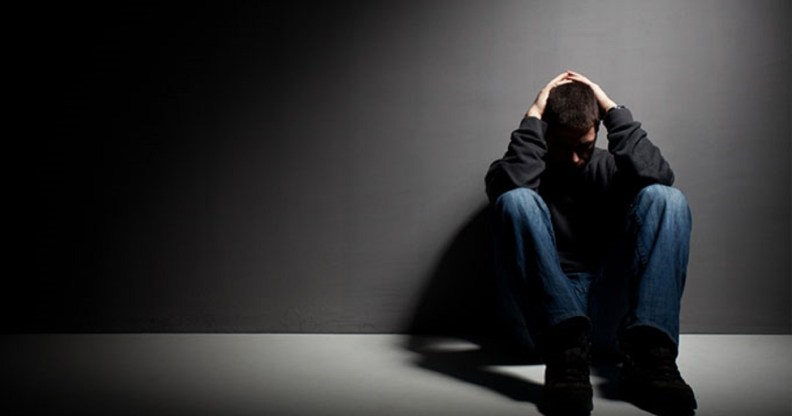Eating disorder stereotypes prevent LGBT+ people getting help

Emotional abuse is a crime
Emotional abuse is a crime
Stereotypes about who gets an eating disorder are preventing LGBT+ people from accessing treatment, a study has found.
This delay could make it harder for LGBT+ individuals with eating disorders to recover, according to the research by the eating disorder charity Beat.
A YouGov poll commissioned by the charity found that 37% of lesbian, gay or bisexual respondents said they would not feel confident seeking help, compared to 24% of straight people.
Despite this, LGBT+ people are at significantly higher risk of eating disorders.
“I didn’t reveal my bisexuality until I was 25, even though I knew I was attracted to women from a young age,” said Rebecca, 29, who suffered from anorexia and bulimia for 10 years before seeking treatment.
“This suppression, a result of seeing homophobia and wanting to avoid stigma, fuelled my eating disorder, as my struggle with expressing my identity led to a feeling of failure.”

LGBT+ people are at significantly higher risk of eating disorders (Pexels)
She added: “The stigma against LGBTQI+, as well as the stigma towards eating disorders, can create a destructive cycle of secrecy and self-hatred that can only be broken when you see yourself reflected and accepted in society.”
Andy, 37, said that when he tried to explain the fact that he had binge eating disorder, he found people “thought gay men were all muscle or thin”.
“I wanted people to understand, but they didn’t take my illness seriously,” he said. “It took years to explain that I wasn’t just greedy and my problems were emotional.”
The charity Beat is campaigning against dangerous stereotyping for Eating Disorder Awareness Week.
“It is sadly not surprising that stereotypes about who gets an eating disorder are so widespread, but it is very worrying that those misconceptions are preventing people from seeking help,” said Beat’s chief executive Andrew Radford.
“This means that LGBT+ people will get iller before they start treatment and find their recovery is harder.
“Eating disorders are serious mental illnesses that affect people of all ages, genders, and backgrounds.
“We have to challenge the stereotypes and raise awareness so that everyone who needs help can get it quickly.”

